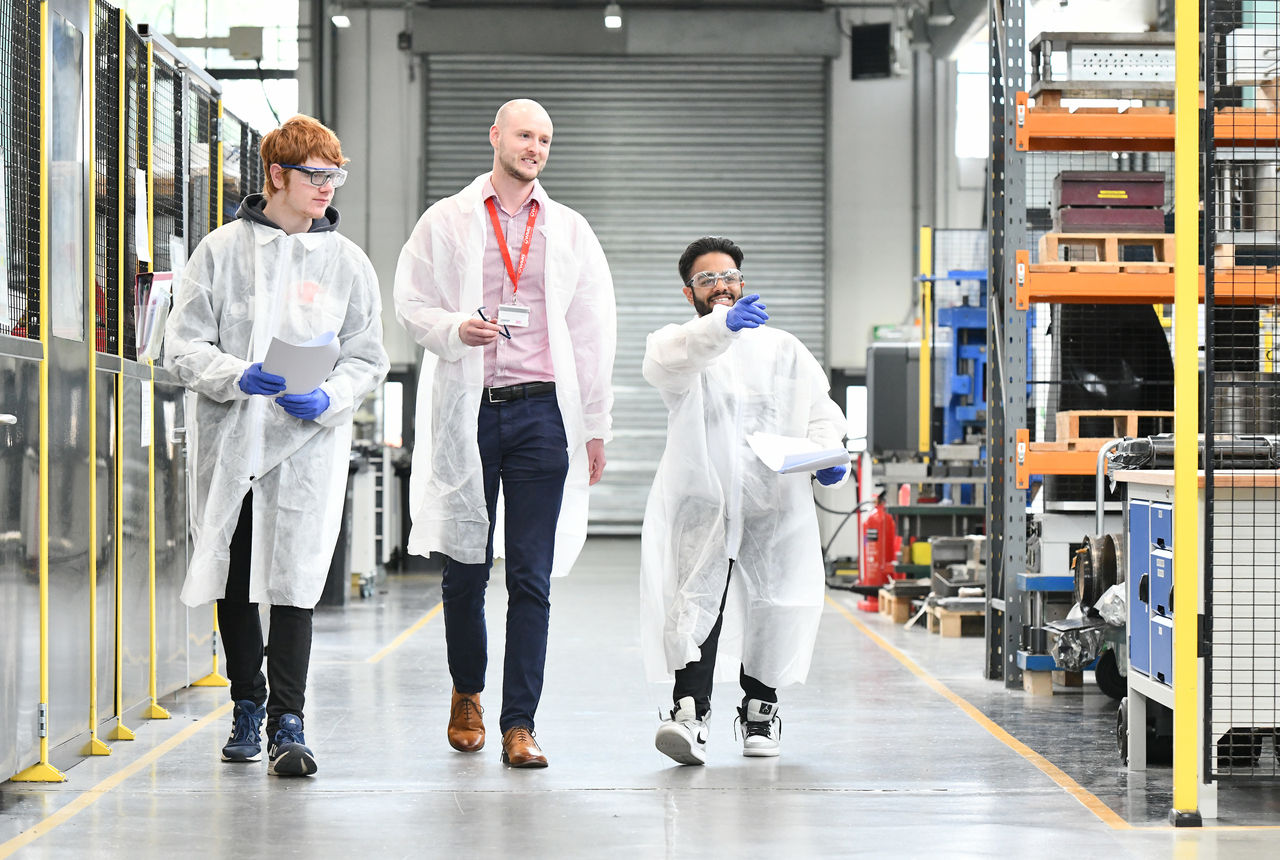
Welcome to EY Foundation
In addition to cookies that are strictly necessary to operate this website, we use the following types of cookies to improve your experience and our services: Functional cookies to enhance your experience (e.g. remember settings), Performance cookies to measure the website's performance and improve your experience, Advertising/Targeting cookies, which are set by third parties with whom we execute advertising campaigns and allow us to provide you with advertisements relevant to you.
We have detected that you have enabled the Do Not Track setting in your browser; as a result, Advertising/Targeting cookies are automatically disabled.
You may withdraw your consent to cookies at any time once you have entered the website through a link in the privacy policy, which you can find at the bottom of each page on the website.
Review our cookie policy for more information.


